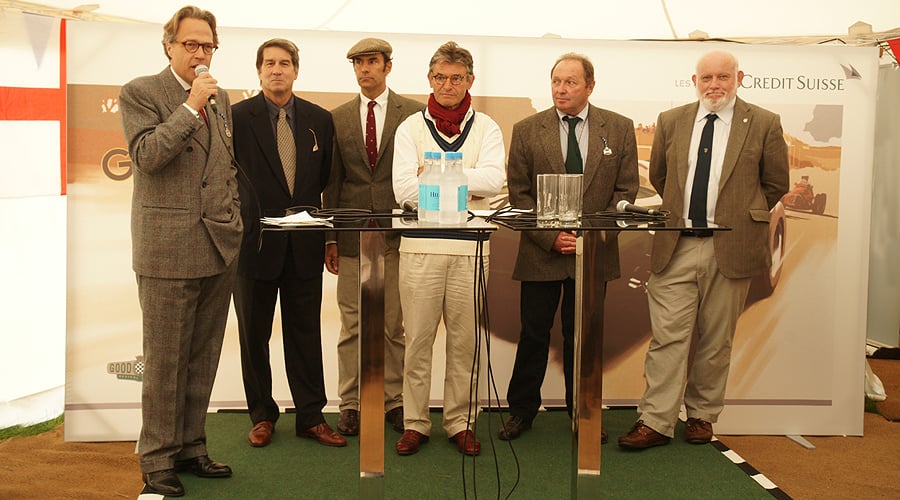
Put Alain de Cadenet, Jochen Mass, Emanuele Pirro and historian Doug Nye on the same rostrum to debate the ‘125 years of the automobile: An inside view on motorsport history’ and the result is likely to be memorable.
Suitably attired, and with Lord March as the ‘warm-up man’ explaining a little of the story of Goodwood and his, and his father’s, keen interest in cars and car racing, the quartet of experts entertained a packed press tent with their views on motorsport history and the direction the classic car movement might take in years to come.
The symposium had been facilitated by Credit Suisse, now in its third year of involvement at the Goodwood Revival (with no fewer than nine years of enthusiastic activity in the classic car scene), and was testament to the bank’s skills at bringing people together from all corners of the classic car collecting world, be they owners, experts or knowledgeable enthusiasts.
Three ‘matters of the moment’ came to the fore: the challenge of increasingly stringent environmental regulations, the emerging economies’ (China, India and Latin America) adoption of the classic car movement and ‘succession’, the effect of older collectors passing their cherished motor cars on to a younger generation.
Through organisations such as FIVA, owners' clubs and the vigorous championing of accessible, highly popular events such as Goodwood, which enjoy vociferous local support, the classic car community is making its point with the politicians.
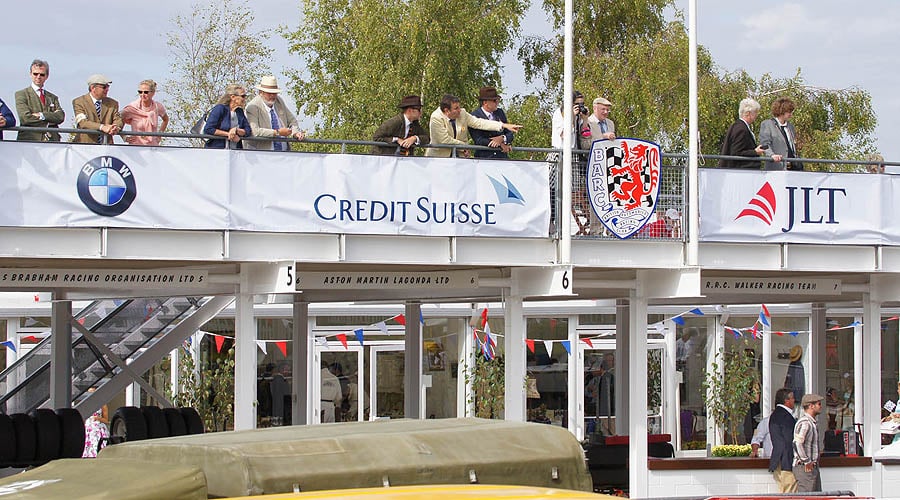
As far as the massive growth in wealth in China and other hitherto undeveloped corners of the world is concerned, the panel felt it was early days yet. In addition, the general opinion is that, while enthusiasm for Western luxury goods and expensive luxury automobiles remains unabated, the concept of cars as collectible ‘antiques’ has a way to go in India and the Far East, at least.
One of the most fascinating sections of the debate was on the future of the car collecting movement and, essentially, “What makes a collectible car, and should you buy for investment or passion?”
Adding Goodwood Revival, or Monaco Historics eligibility to a racing car increases its value, there’s no doubting that. The experts, however - enthusiasts all - were at pains to make it clear that, in Emanuele Pirro’s words, “Don’t buy something you don’t love”.
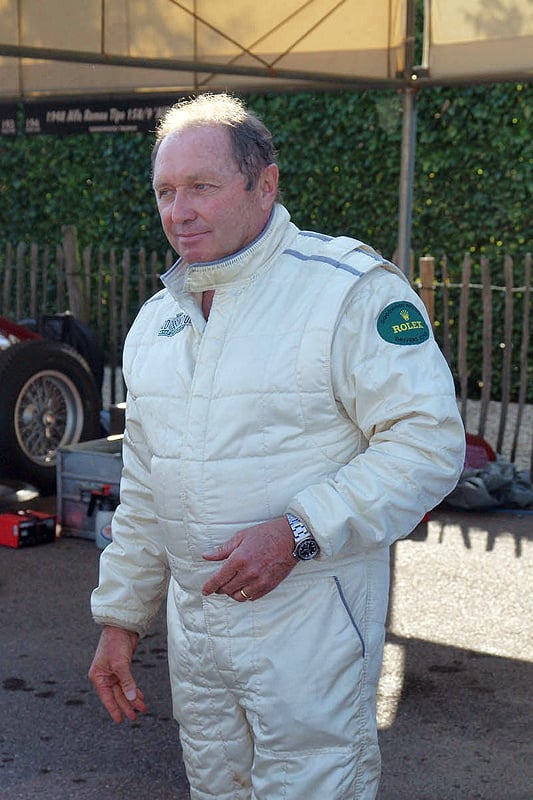
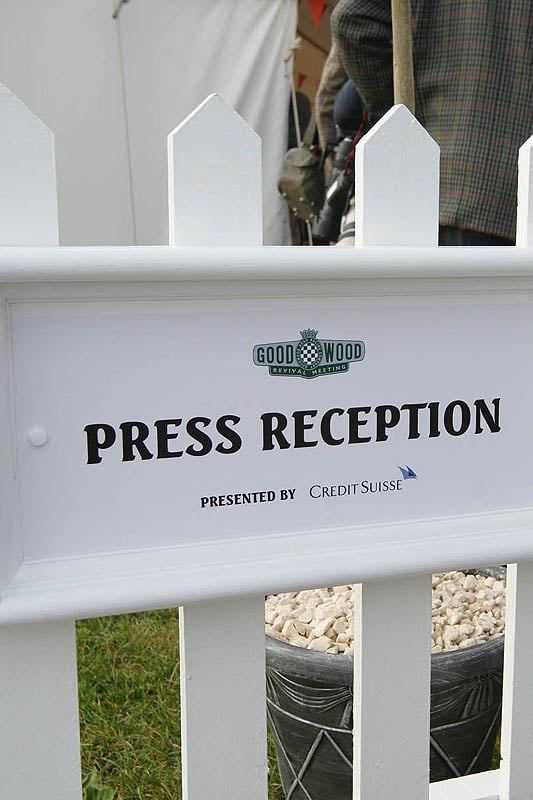
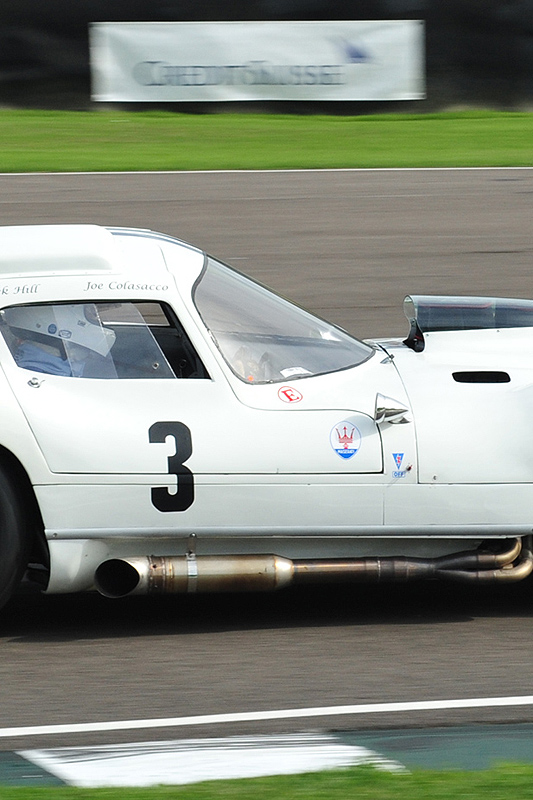
He then proceeded to compare the purchase of a car to falling in love and marriage (a point Mrs Pirro, in the audience, made much capital of... to the amusement of the audience), while de Cadenet, a pre-War car man at heart, described his Alfa 8C in anthropomorphic terms.
In other words, it was no longer a machine but had a personality of its own, a ‘friend’ to enjoy the good times with.
Future collectors, coming through the ranks, would still be interested in ‘the greats’ from Mercedes-Benz, Ferrari, Alfa Romeo, Porsche and Maserati. While older collectors’ enthusiasms for the cars from the days of pioneering motoring, or the American inter-war period of glamour, might not always be passed on, a Ferrari 250 GTO or ‘Gullwing’ Mercedes is an instantly recognisable thoroughbred.
And as long as there’s petrol in the pumps, the world will desire these machines.
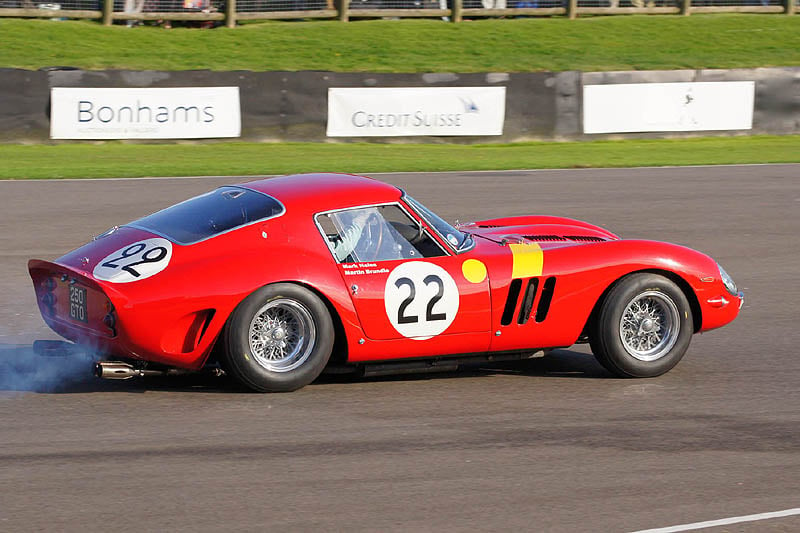
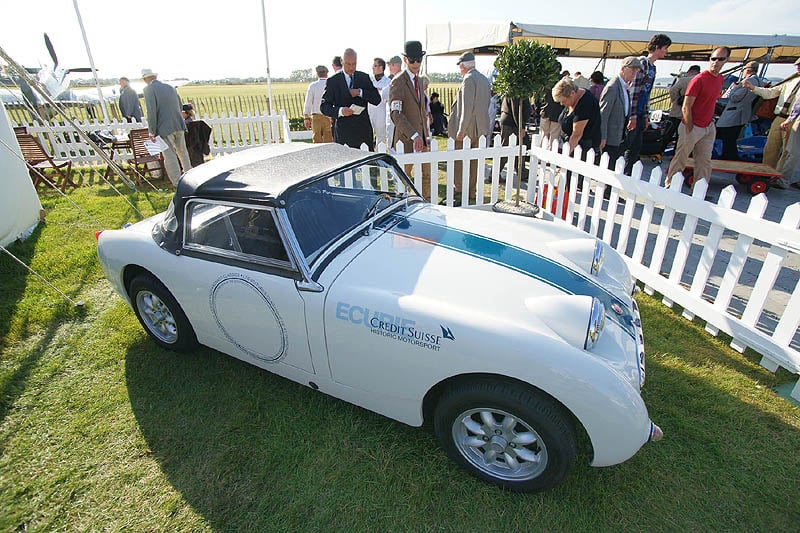
All along, motorsport has driven man’s passion for cars. Commenting after the symposium, noted motor racing historian and author Doug Nye said: “125 years since the motor car was patented means almost 125 years of automobile racing. Each decade, we have seen that competition was the proving ground for automotive innovation.
“The manufacturers had to win on the track to be the best in the market, and that rule still holds true today.”
He also described the day’s events, with three generations of drivers on the podium as “something special”. Wrapping up for Credit Suisse, London-based Head of Market Group UK, Private Banking Division, Paul Sarosy echoed those sentiments, thanking the audience for their attendance and wishing them a good day at the races.
He also encouraged those present to participate in the bank’s charity postcard campaign, where £20.00 will be donated for every postcard sent from this year’s Revival. When de Cadenet described Credit Suisse’s involvement in classic motor racing as “making things more comfortable” for everyone, in this charitable sense he never spoke a truer word.
Information on the Credit Suisse Classic Car Program can be found at: www.credit-suisse.com/classiccars
Unless otherwise specified, the term ‘Credit Suisse’ is the global marketing brand name for the investment banking, asset management and private banking services offered by Credit Suisse Group subsidiaries and affiliates worldwide. This document is not intended as an offer or solicitation of an offer to sell or to buy or subscribe for securities or other financial instruments or products.
Text: Credit Suisse
Photos: Credit Suisse








